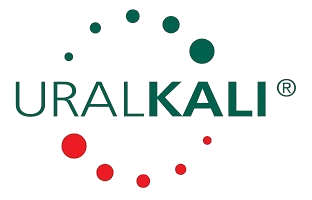
Uralkali
Uralkali is one of the world’s leading producers of potash fertiliser and one of Russia’s largest chemical companies. "We produce potash fertilisers to ensure people all over the world are provided with food, and to support the growth of our Company and the welfare of our employees and local communities, through efficient and responsible development of unique potash deposits."